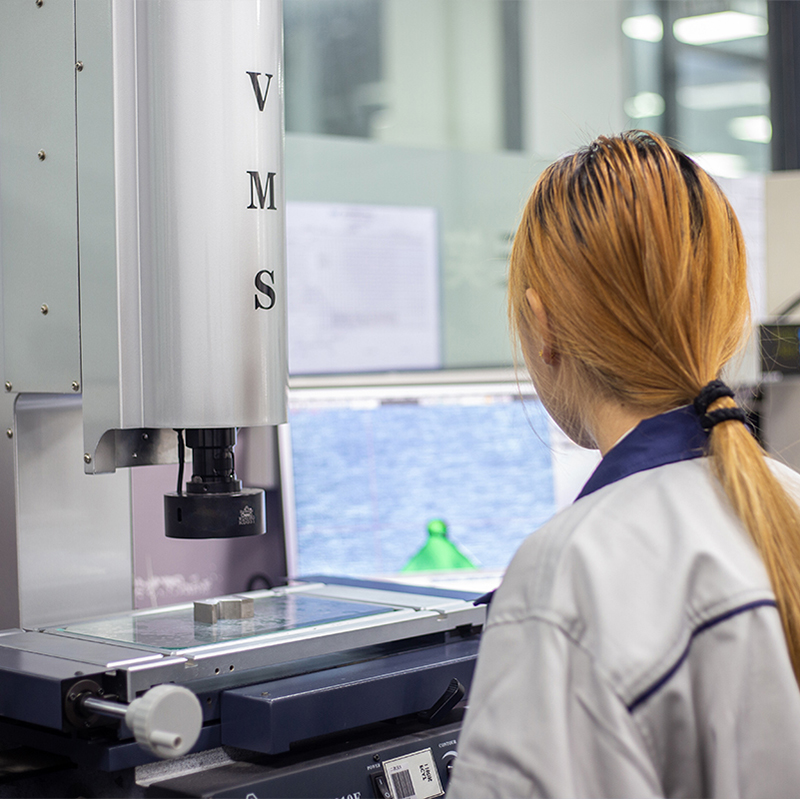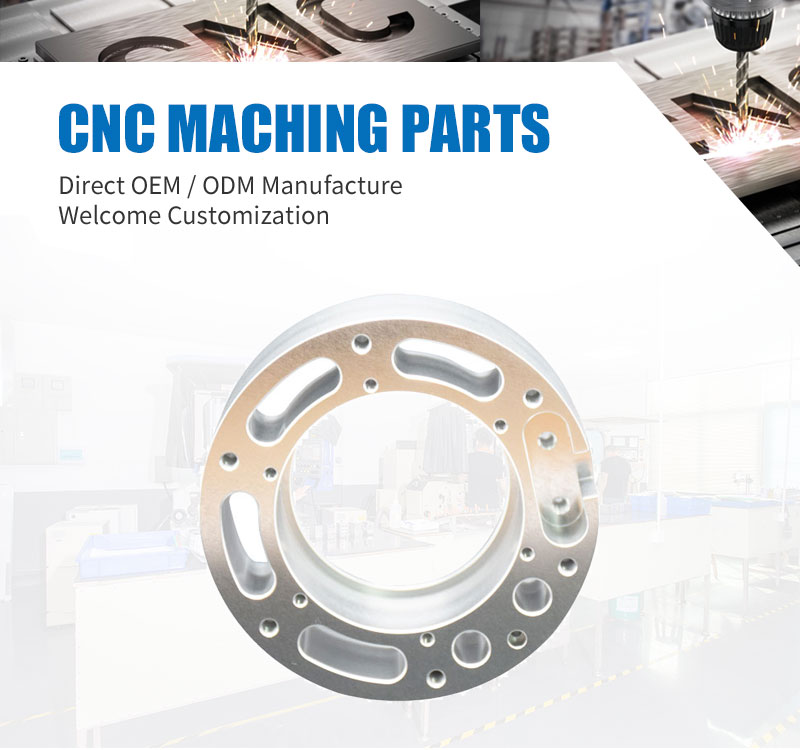
Privacy statement: Your privacy is very important to Us. Our company promises not to disclose your personal information to any external company with out your explicit permission.

What are the key requirements for customizing precision metal parts?
1. Detailed Design Specifications:
CAD Models: CAD models of their assemblies and components should include all the requirements as parameters, tolerances, and material types.
Technical Drawings: These should clearly state the dimensions to be manufactured, allowable variation, surface finish required, identification of any features that have to be incorporated, and any special treatments needed.
2. Material Selection:
Material Properties: Considering the case of manufacturing, the material must be ideally chosen to have particular mechanical characteristics like strength, ductile nature, corrosion resistance, and other related properties which should also be compatible with the processes adopted for manufacturing.
Certification: Suppliers of the materials must provide relevant documents to show that they meet industry requirements and standards.
3. Precision Machining Capabilities:
Machining Equipment: The manufacturer should be able to use high-accuracy CNC machines that would enable him/her to achieve the required tolerances.
Specialized Processes: The machining process that might be involved may include the following depending on the part complexity: Milling, turning, drilling, and threading, and possibly some special one such as; EDM (Electrical Discharge Machining) or laser cutting.
4. Surface Finish Requirements:
Roughness and Texture: The final surface texture should correlate with the specific surface roughness and texture standard it needs to meet which may involve grinding a polishing the surface or sandblasting.
Coatings and Treatments: Sometimes further enhancements may be needed to increase the corrosion or electrical properties of a metal by such processes such as; Protective coatings, Anodizing or plating, etc.
5. Quality Control and Inspection:
Inspection Methods: Likewise other tests such as Non-destructive testing (NDT) dimensional inspection and material testing should be done so as to ensure that these parts meet the intended design requirements.
Certification and Documentation: Filled inspection reports and conformity certificates should be availed by the manufacturer.
6. Tolerances:
Geometric Dimensioning and Tolerancing (GD&T): For the part to function properly GD&T should be used in order to define how it is supposed to fit, its form, and position.
Tight Tolerances: Precision Parts involve close tolerances, sometimes in the micrometers range to perform satisfactorily in assemble and may be in compliance with certain safety specifications.
7. Documentation and Traceability:
Process Documentation: For traceability and quality assurance, all the manufacturing processes such as tooling, materials as well as inspection procedures should be documented.
Revision Control: It is crucial to keep a record of all the designs done and the modifications that have been made so that they are not altered during production.
8. Compliance with Industry Standards and Regulations: Compliance with Industry Standards and Regulations:
Industry Standards: Parts should be according to numerous standards for instance AS9100 aerospace, ISO 13485 medical, or even ISO 9001 quality.
Regulatory Compliance: Others include; conformities to environmental, safety, and any other regulatory compliances that must be effected.
9. Post-Processing and Assembly:
Sub-Assembly: A portion of it may be actually assembled further in with other parts before being readied for delivery.
Packaging and Handling: Some measures that should be taken to avoid damages include; labeling, packaging, and proper instructions that should be given while transporting the fruits.
10. Communication and Collaboration:
Customer Feedback: One channel of communication between the manufacturing firm and the customer should be kept open to solve any design manufacturing problems that may arise.
Technical Support: Another factor that the manufacturer should ensure is the availability of technical advice to help in aspects such as design and choice of materials.

Satisfying these requirements assure that the Precision Turned Components are produced to match the requirements of the particular application and are of the highest quality. Such tight control, discipline, and care cannot be overemphasized especially in areas where there cannot be an allowance for mistakes.
Many 3D printing proponents claim that 3D printing is a good substitute for injection molding that requires a mold. Is it really? Let’s go and see what everyone’s opinions are like. Additive...
Model NO.: HW-386 Runner: Hot Runner Design Software: UG Installation: Fixed Certification: ISO Standard: HASCO Customized: Customized Trademark: HOWE or Custom Transport Package: Exported Wooden...
In order to ensure the safety of the plateau roads, the research and development work of the plateau new passenger cars initiated by the Ministry of Transport of the People's Republic of China to...
Model NO.: CKNC6180 Performance Classification: Economical CNC Machine Tools Certification: CE, ISO 9001 Condition: New Max.Swing Over Bed: 800mm Max. Swing Over Slide: 480 Max. Processing Lathe:...
Email to this supplier

ABOUT
PRODUCTS
Links
Follow Us

Privacy statement: Your privacy is very important to Us. Our company promises not to disclose your personal information to any external company with out your explicit permission.

Fill in more information so that we can get in touch with you faster
Privacy statement: Your privacy is very important to Us. Our company promises not to disclose your personal information to any external company with out your explicit permission.